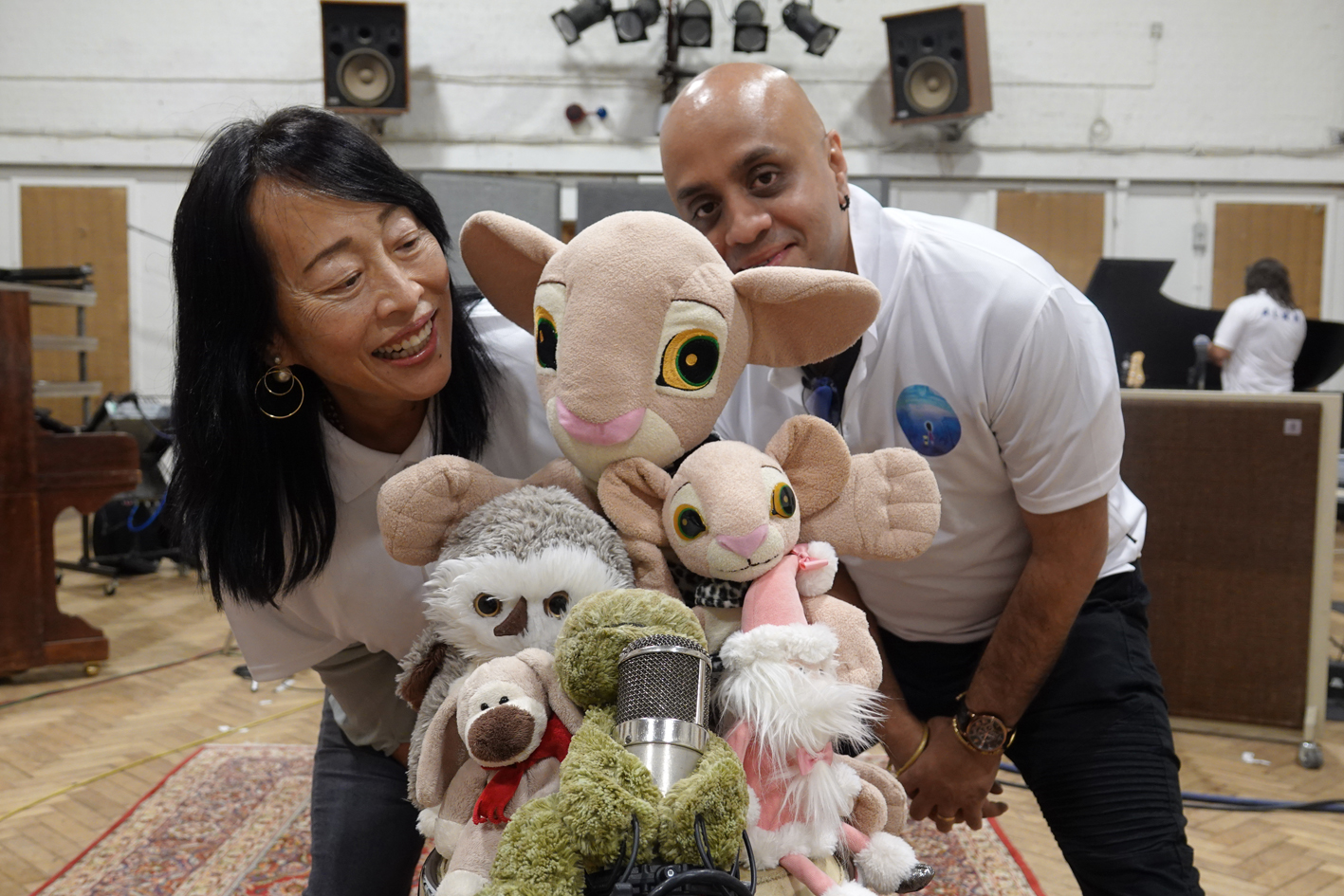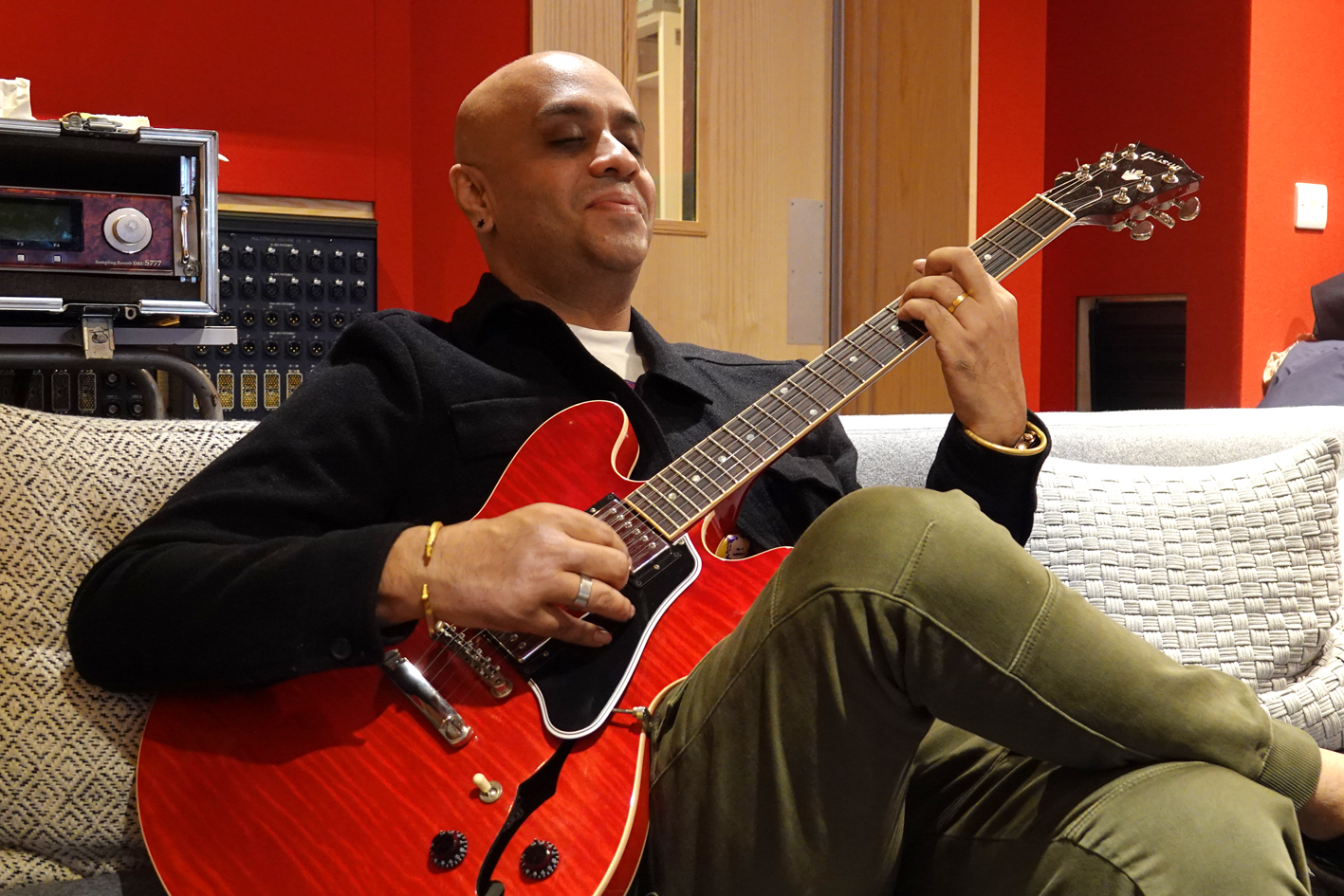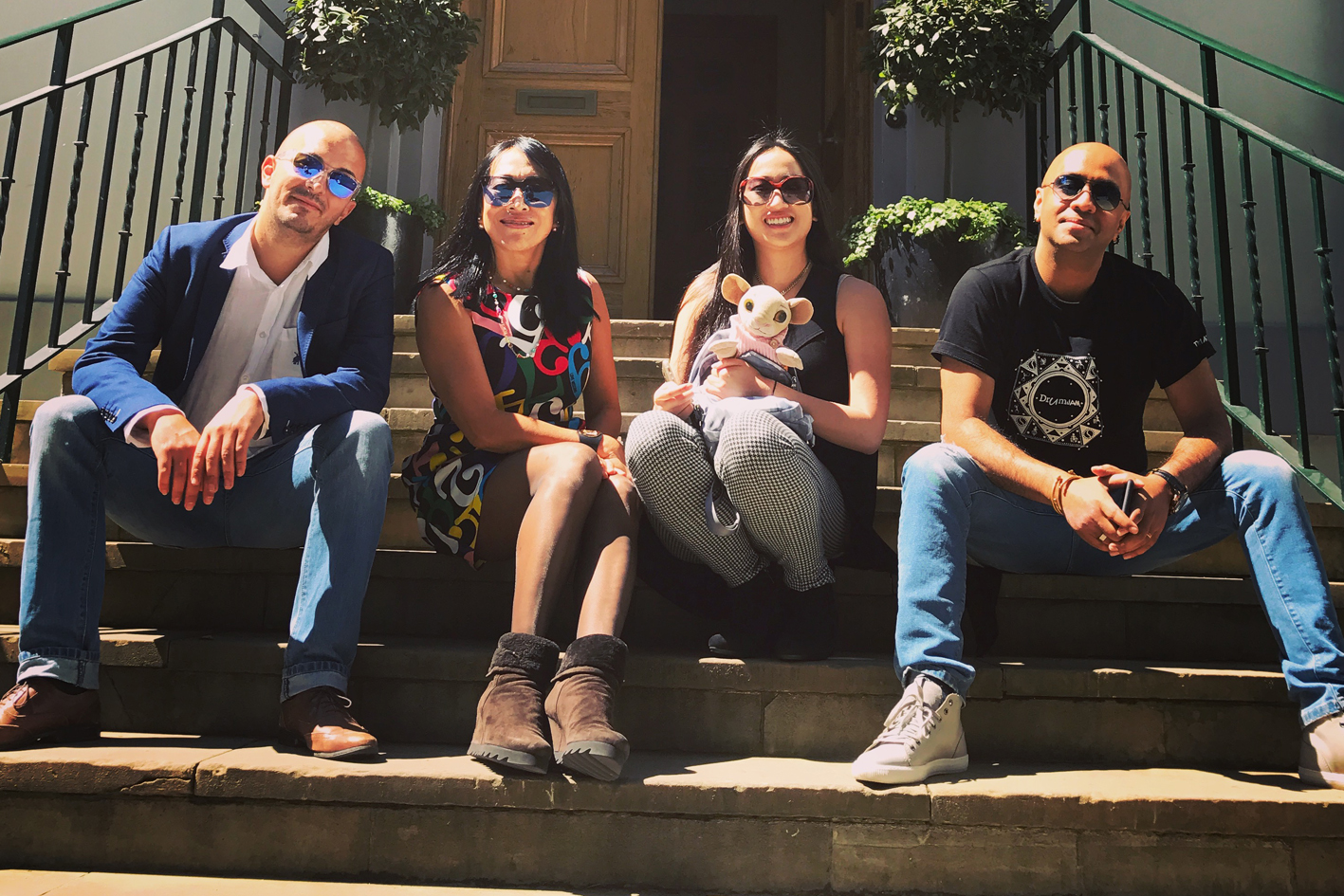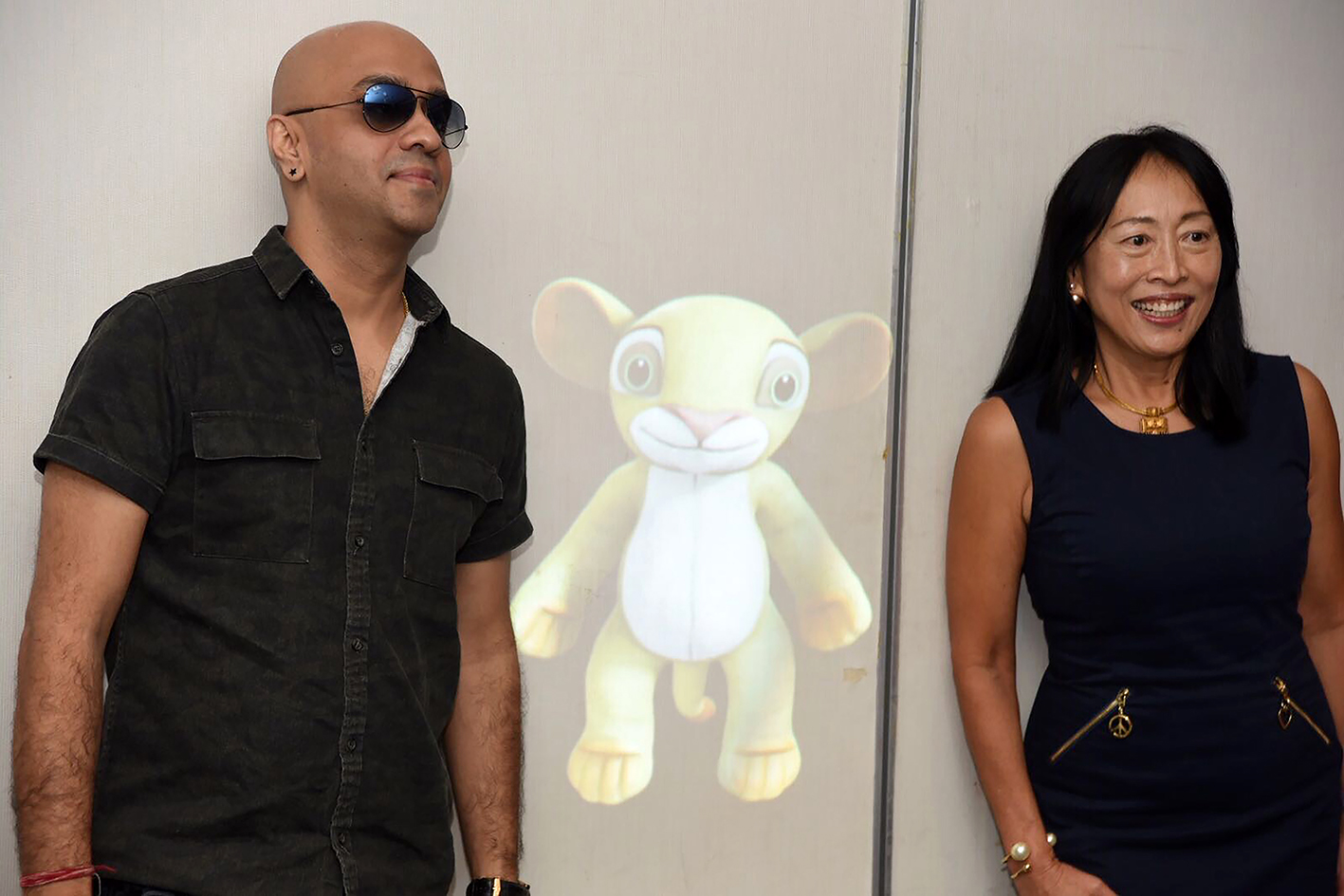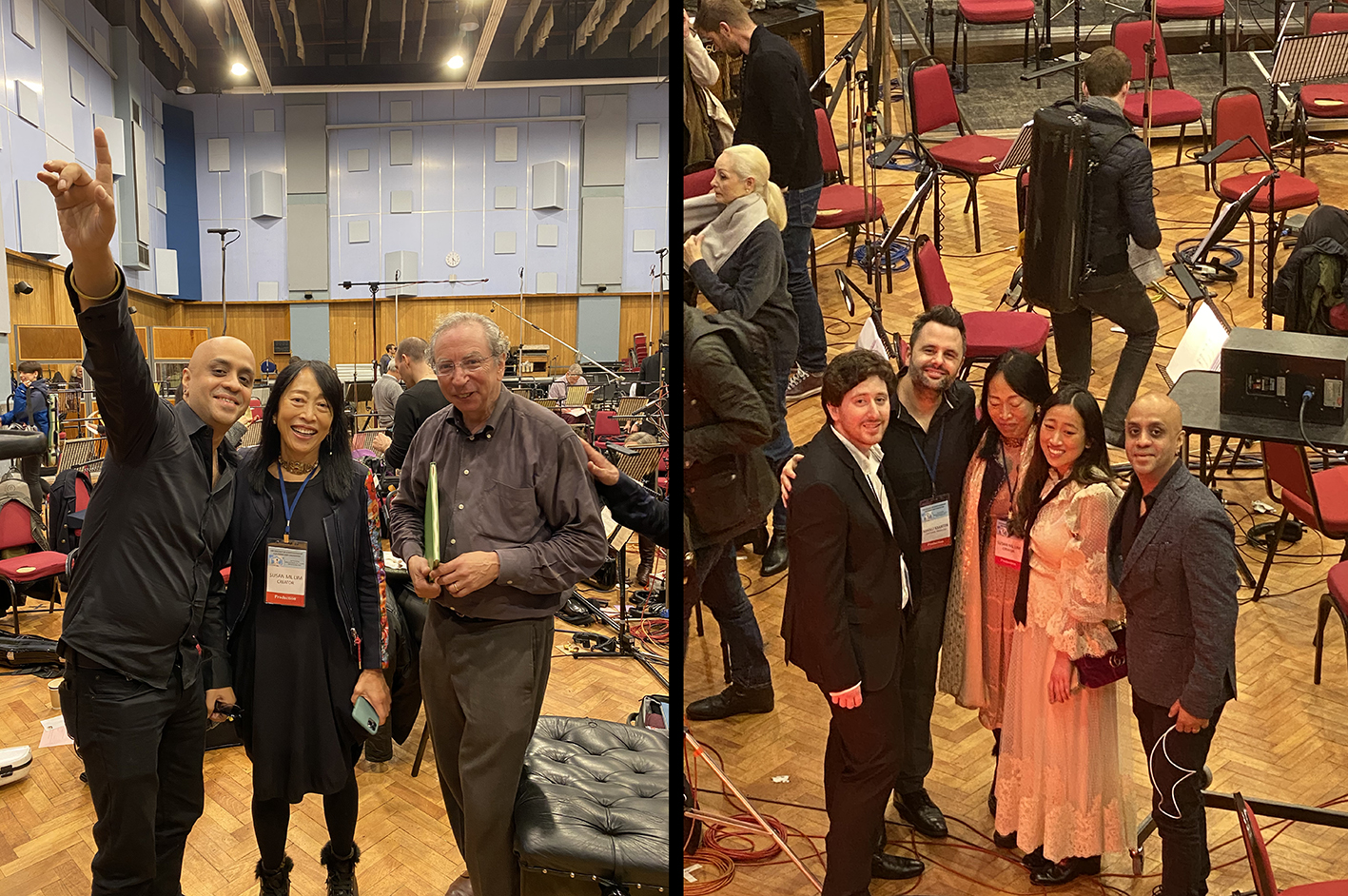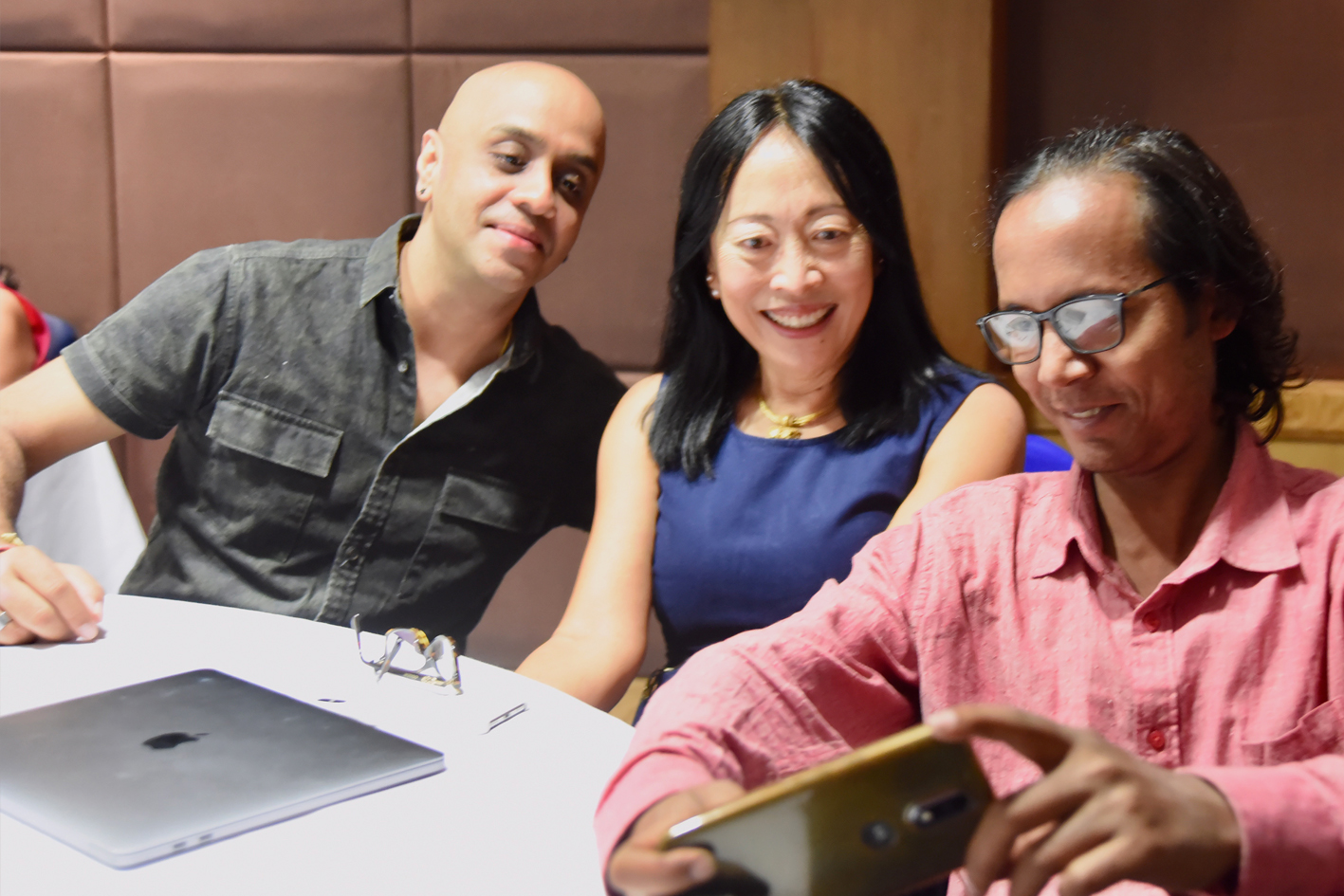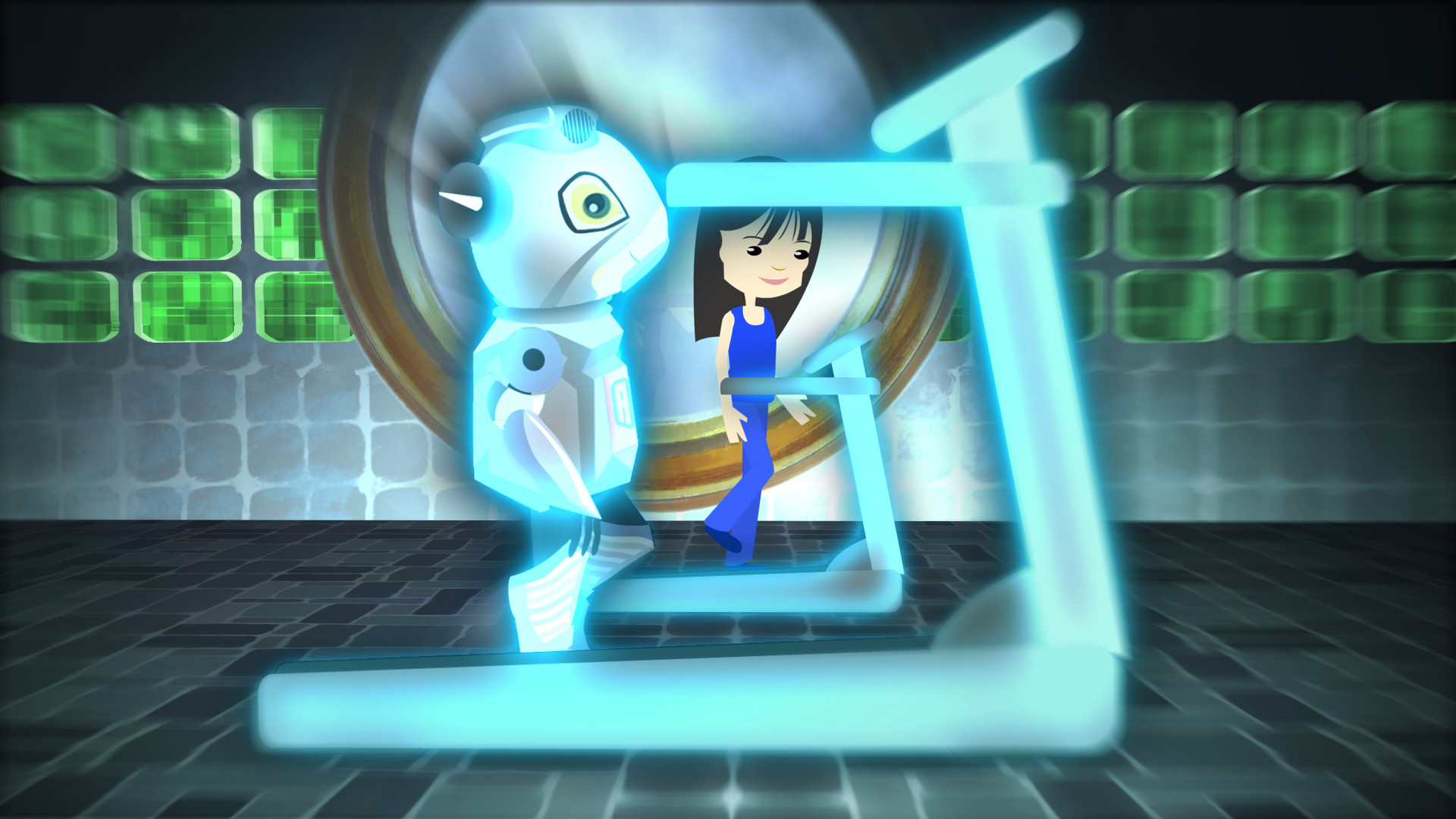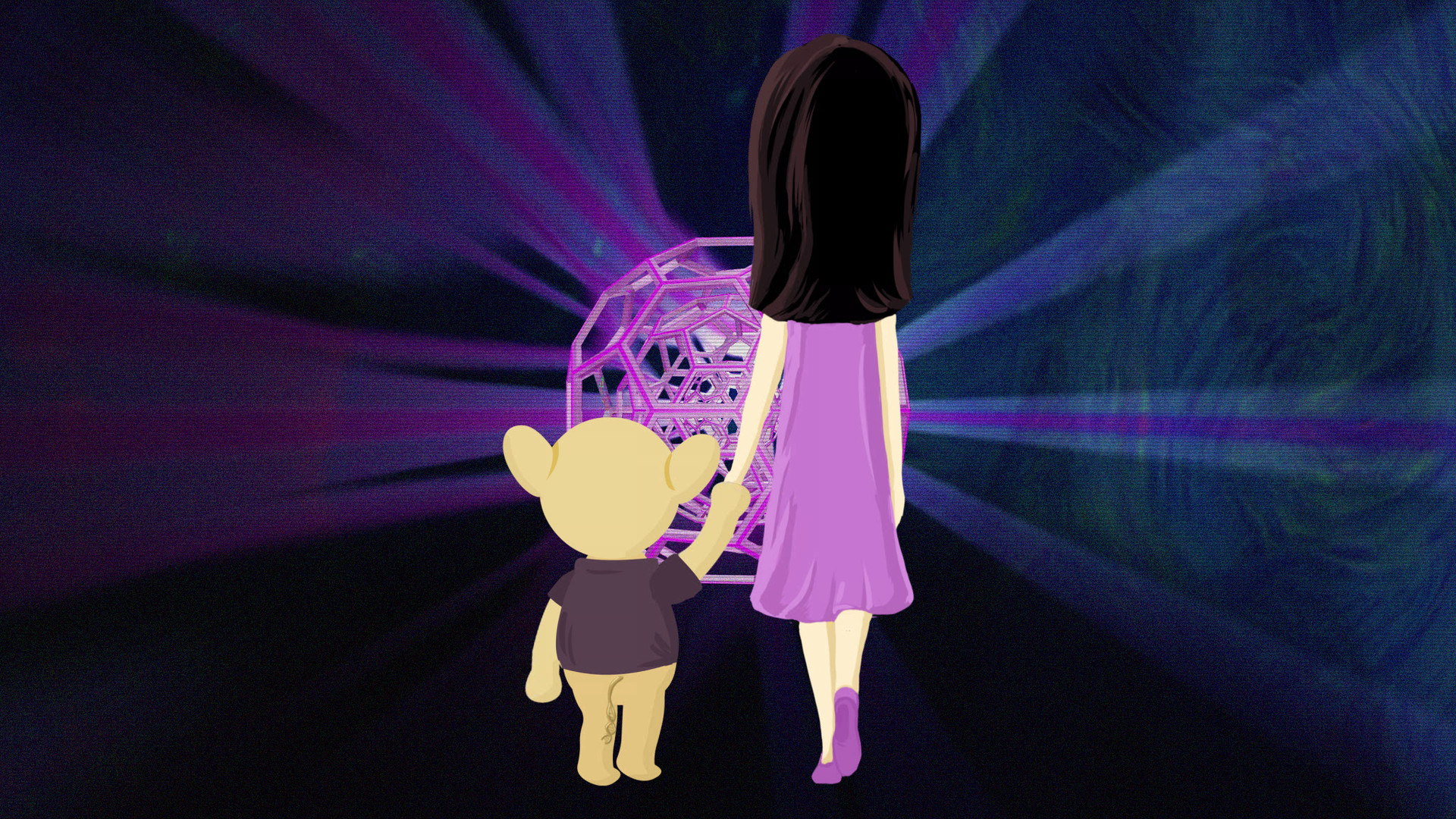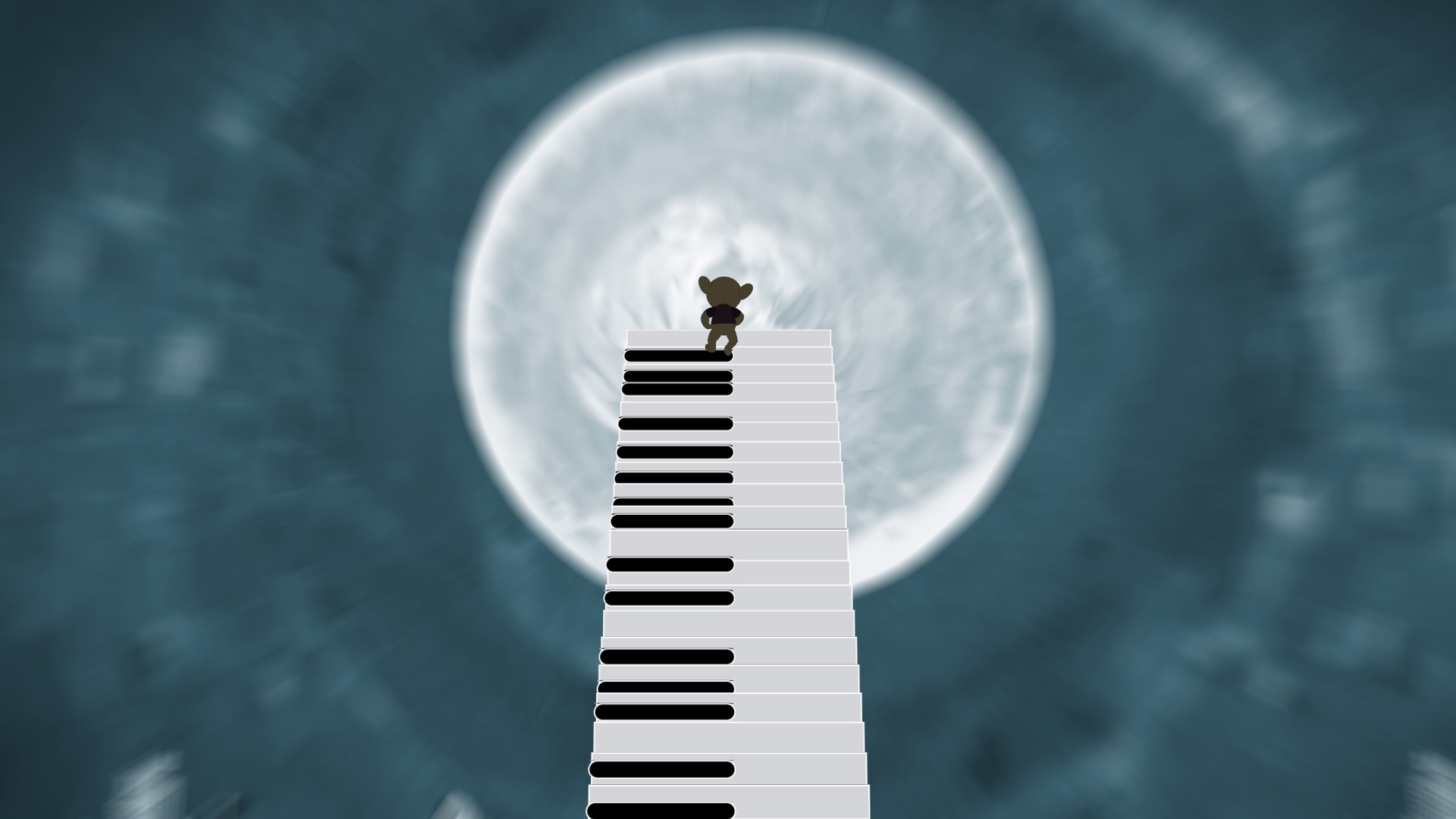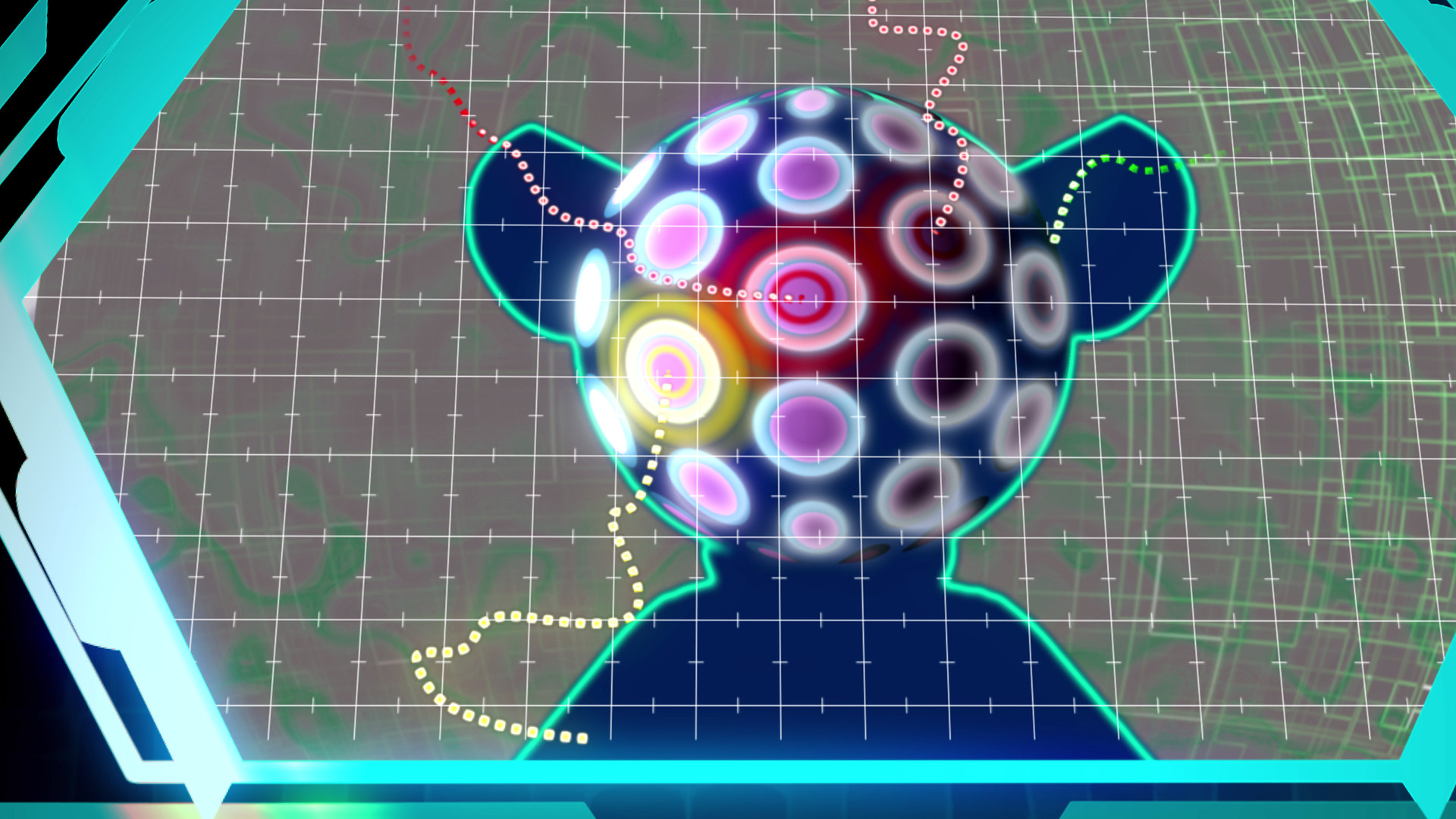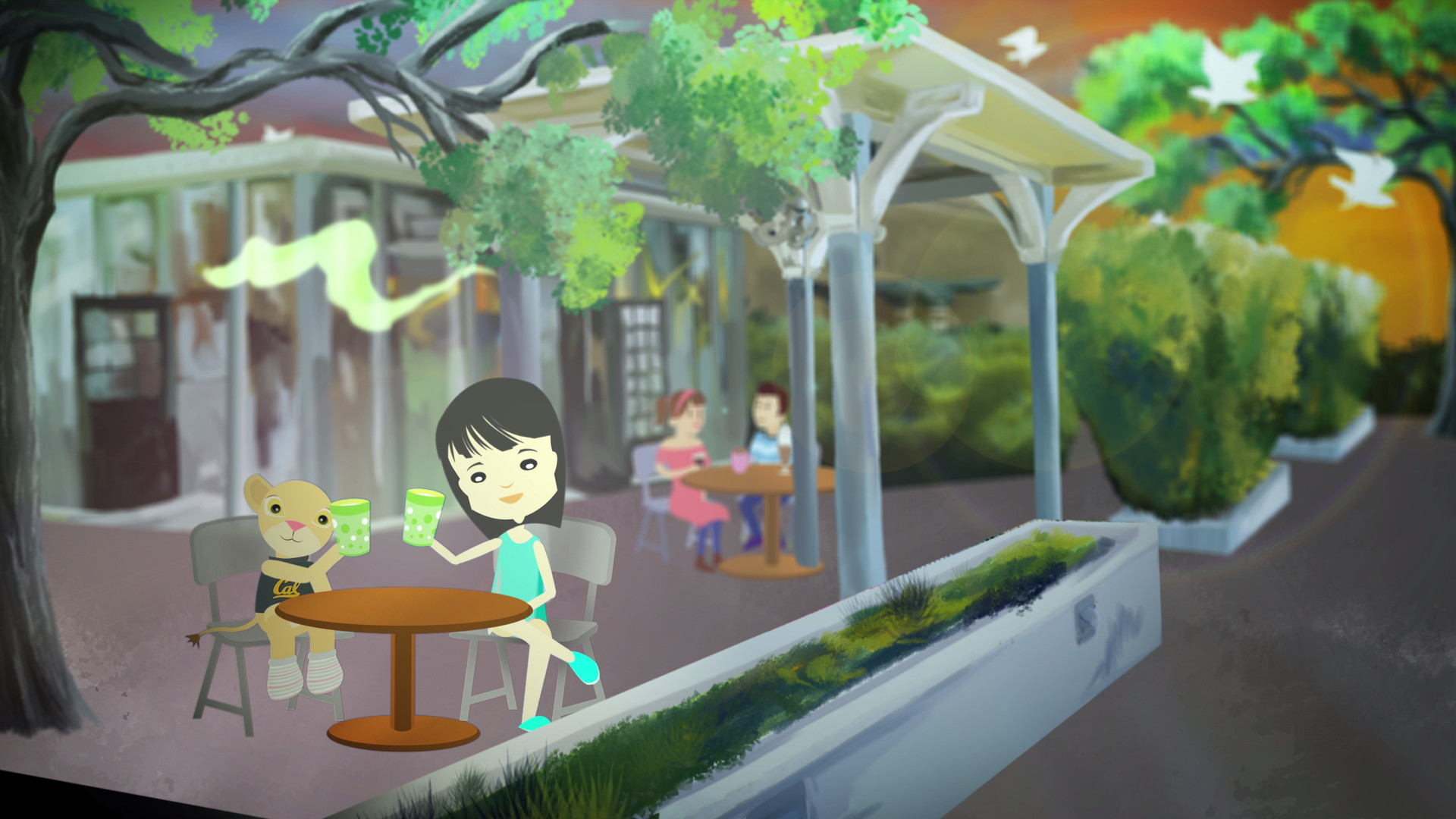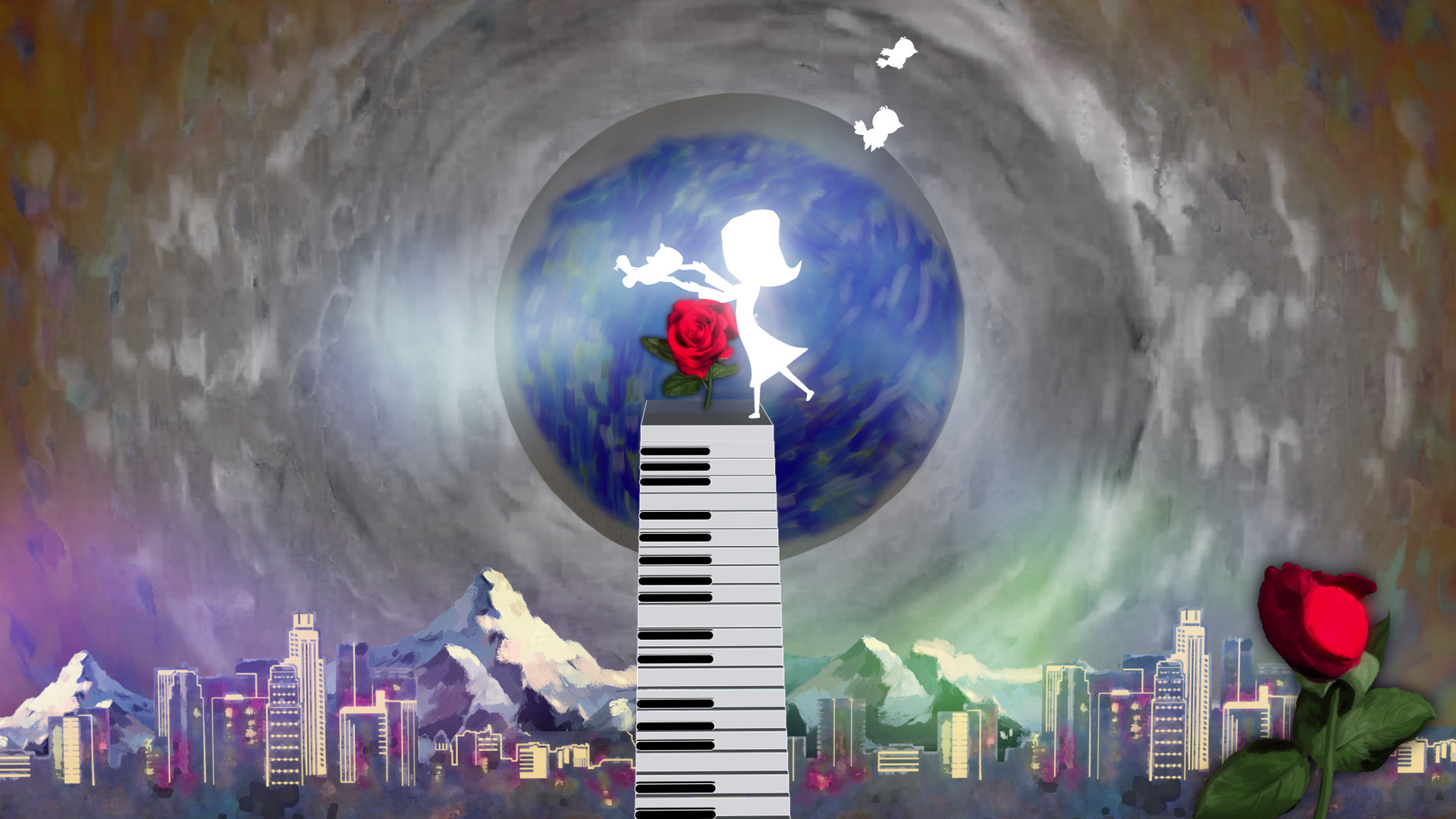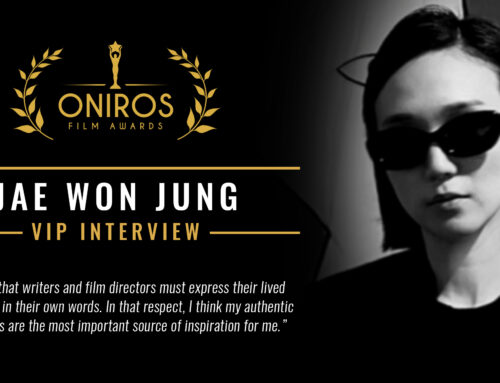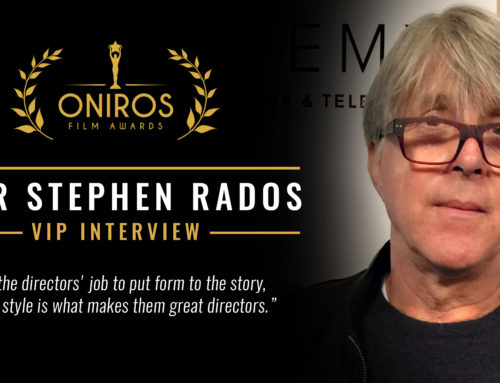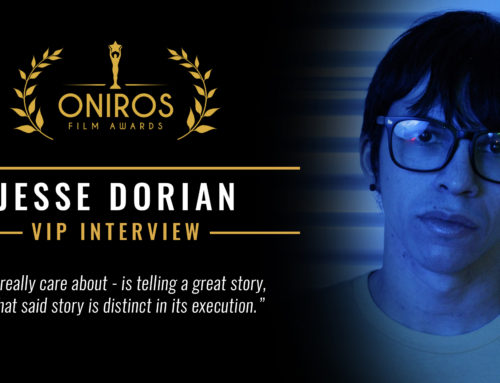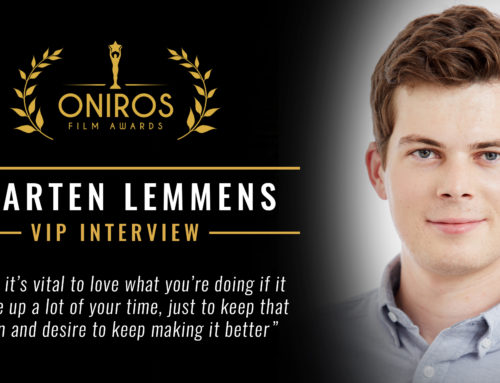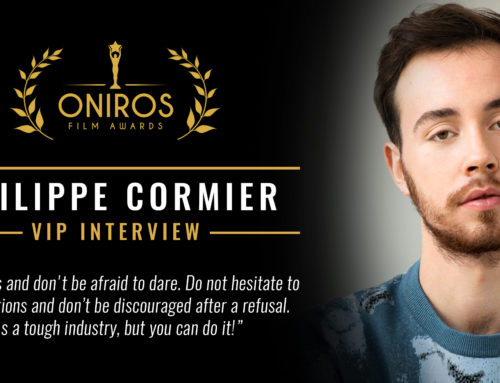BEYOND THE ONIROS FILM AWARDS®
VIP Interview with Joi Barua, composer of the animated short ‘New World Order’
by Alice Lussiana Parente
I had the great pleasure of talking to Joi Barua, the composer of the animation film New World Order. In this interview, we chat about his music background and inspirations and what’s the process for a composer when creating a soundtrack. We also talk about his collaboration with filmmaker Susan Lim and how sometimes a conference in Singapore can open a series of artistic collaborations. Enjoy!
1. Can you tell us more about what brought you to music, where did you study and when did you decide to become a composer?
Music always had the allure of the unseen and the untold. Maybe like the hand of God moving in mysterious ways. It beckoned. From a very early age. When my dad bought me a violin. I was intrigued by the emotion it let me feel. I was probably 4 at that point of time. I didn’t know anything yet; we grew up in small sleepy towns of Assam, in North East India. But music was this promising mysterious path, an escape, through the enchanted forest. It made me dream and fly. To be in places where the voice or the strings came from. To be able to identify that emotion. I had conventional schooling, but music wasn’t a part of it. I studied in Digboi, Jorhat, Shillong & Guwahati – all in the North East of India. I decided to become a composer a few years after learning the ropes of music production in Mumbai. It was a gradual move. I had to say things. About stories untold, people unheard. It was a calling.
2. What or who were the most significant influences on your career as a composer?
From the early influences of Bhupen Hazarika & Jayanta Hazarika & Assamese spiritual music, I grew up with a sense of global artists. My early heroes were John Lennon, Paul McCartney, Bob Dylan, Eagles, The Police, Sting, L Subramanium, Otis Redding, Sting as also classical composers like Beethoven, Vivaldi, Rossini…Later on from senior school I moved on to rock & metal with the likes of Iron Maiden, Black Sabbath, Deep Purple, Megadetth, Mororhead etc. All in all, I found music that had deep soul. And maybe dramatic expressions.
3. How did you initially meet Susan Lim, and start working on the project?
We met at the INK Conference in Singapore, organized by Lakshmi Pratury. I had showcased my music based on Bishnu Rava – a polymath from Assam who was at his belligerent best in the middle of the last century. The song encapsulated all that happened in one night. Susan Lim, who spoke in the session before me, heard & saw the song, brought to life with animation on the big screen. That set the stage for the conversation. She had this amazing story of ALAN, wherein I got intrigued again. She wanted this story to come to life with music and visuals. We started working on it and now, we are here!
4. Can you talk about your experience composing New World Order? What was it like to work on an animation film?
Meeting Dr. Susan Lim opened up the pathways of understanding where mankind will have to look for solutions, for emerging challenges impacting human health, of loneliness, climate change and diseases previously unencountered. This is where Artificial Intelligence & Artificial Life would step in, disrupting all conventional mores. This excited me. Practitioners of science & medicine like Dr. Susan Lim are at the forefront of trying to ease mankind’s pain. I wanted to understand this. We were in pole position to tell the story. This was the challenge that got me going again. The rush of it. That was all I needed. To be able to tell this through an animation film I felt, tomorrow’s children and generation would have such easy access and understanding of Susan’s endeavors. That excited me. What is so complicated today might be something mankind understands easily tomorrow. That start would have to be attributed to Dr. Susan Lim. And that feeling was beyond the animation.
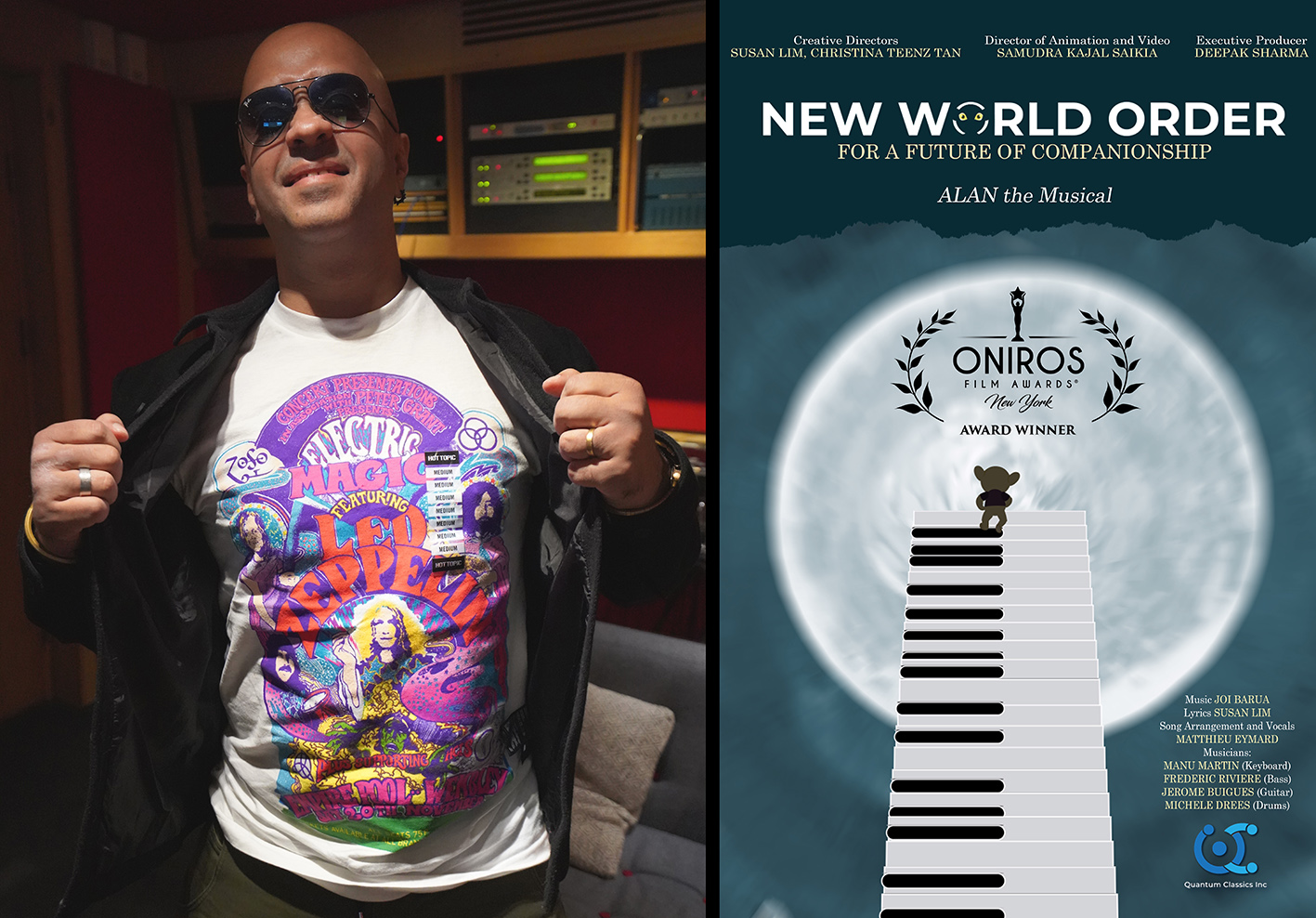
Joi Barua composer of the animated short film ‘New World Order’ – www.alanthemusical.com
5. I know you collaborated with Susan in Alan the Musical. What are the main differences between composing a soundtrack for a musical or an animation?
There isn’t any kind of difference, unless at the conceptual level, you decide to make the genres different for each kind. It’s lucid really.
6. What were your main compositional challenges when working on the soundtrack of New World Order?
Incorporating Dr. Susan Lim’s scientific lexicon into the universe of music always remains a challenge. The terminology. That language. But I felt this is what makes these songs and music different from the others around it. We have tried to create the ‘new’. I don’t think such a barrage of scientific ideas has been incorporated into any volume of music. This was unique.
7. Do you think the soundtrack can be considered one of the characters of a movie or that music has mostly the purpose of accompanying the story?
The soundtrack is the story here. It was always meant to stand on its own. With the movie, it becomes a double whammy. A very powerful piece of thought that has translated into art and can be easily viewed and understood. However, if you should listen to the music alone, it will be powerful enough to drive a movie through the head.
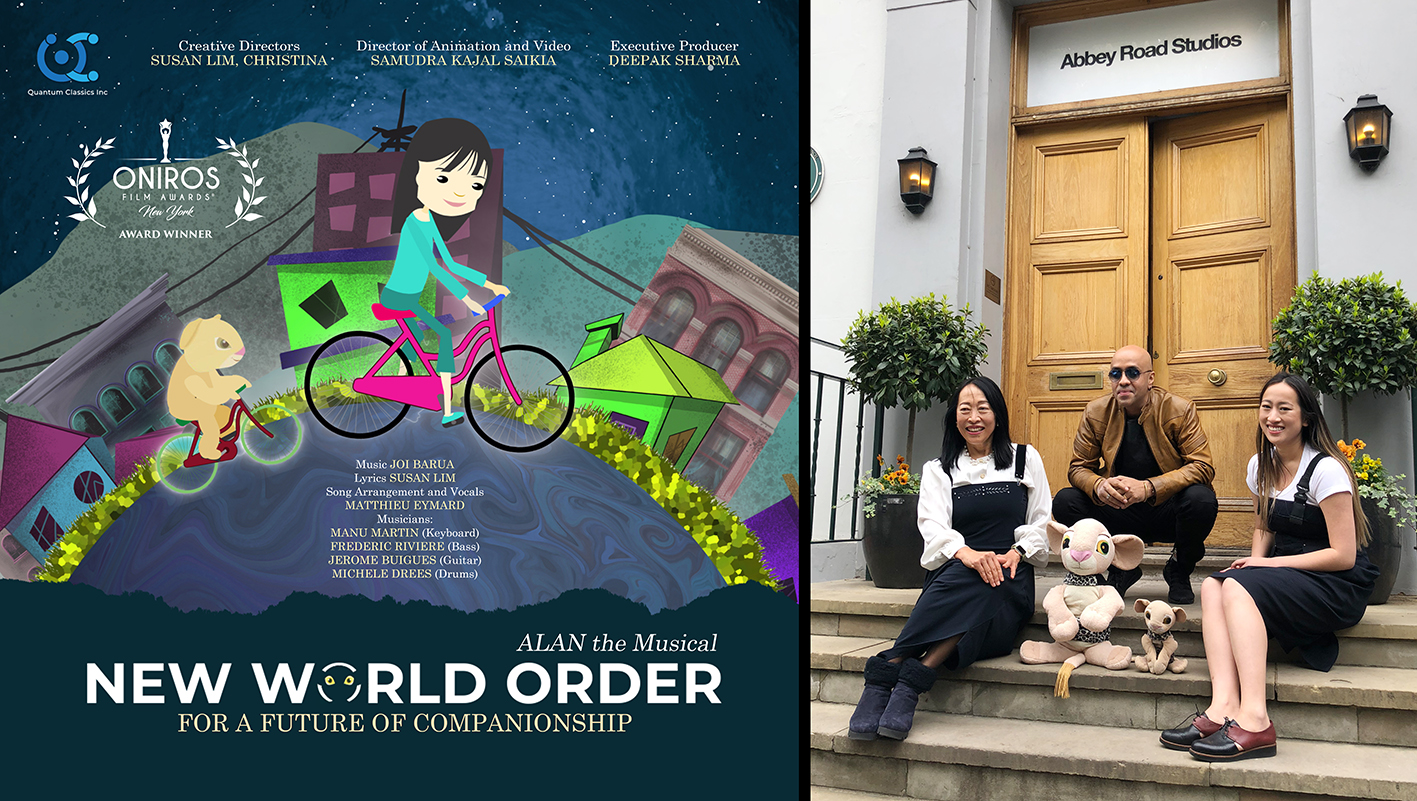
Joi Barua with Susan Lim & Christina Teenz Tan the directors of ‘New World Order’ – www.alanthemusical.com
8. Where do you record your soundtracks?
All of this was done at Abbey Road Studios, London.
9. What do you usually start with when composing? Do you get inspired by the script, or do you already have a melody in mind?
In this case it has always been Susan’s stories. Her chronicling of ALANs journey in each situation, the mood, the emotion, the chronology & the demography. Each of them plays salient roles while I work. My job is to assemble these moving parts and see if I can make beautiful sense out of them.
10. You composed the music for all the movies of Fantasy of Companionship between Human and Inanimate. How is the music changing or progressing in each film?
All were stories which charted different points in ALANs life, and the journey to finding the answers. Right from Synthetic DNA which has country pop, to New World Order which has rap rock with a wide feel and to Teleportation, which had orchestral movements as a core compositional idea, I did have to dabble in different genres to bring variety to a story. Teleportation made me think of Stanley Kubrick’s 2001: A Space Odyssey where the Blue Danube Waltz by Johann Strauss II was used to suggest that the universe might have a classical order to things and phenomena. NWO also makes me think of Kendrick Lamar and the journey he chronicles from Compton in LA to the Pulitzers. That ‘King Kunta’ journey. I wanted to bring this flesh and blood storytelling to Susan’s offering. She had lived this life. This story had her blood.
11. What is the work you are most proud of and what is most rewarding when composing a soundtrack?
I am a journeyman. My work has been a travel into people’s lives, their stories, their geographies and their mythology. There is a lot that I am genuinely proud of. However, with reference to this journey with Dr. Susan Lim, I am proud that all I had to share with her immense knowledge and experience was my souls search to understand her story. I am an untrained musician. We grew up in places that didn’t have the music that we wanted to learn. And here she is talking about the future. I am proud that I understood her story. I am proud that her extremely educated erudite mind met this journeyman in Singapore, and our cultures of storytelling held hands and began a journey. I have no other way of saying this.
12. As a composer, what is your definition of success?
When I get up every day to find myself nudging my music into stories that need telling, I think then that I have cracked that secret. If that is definition, then that it is.
13. Do you have a dream project or someone you would like to work with one day?
I do have that project. I am working on it. Of how people can change. From violence to peace. Transformation.
14. What’s next for you? What are you working on?
Working with Susan – figuring what ALAN wants to do from here + movie music in India + my work with tribal folklore in the Northeast of India.
